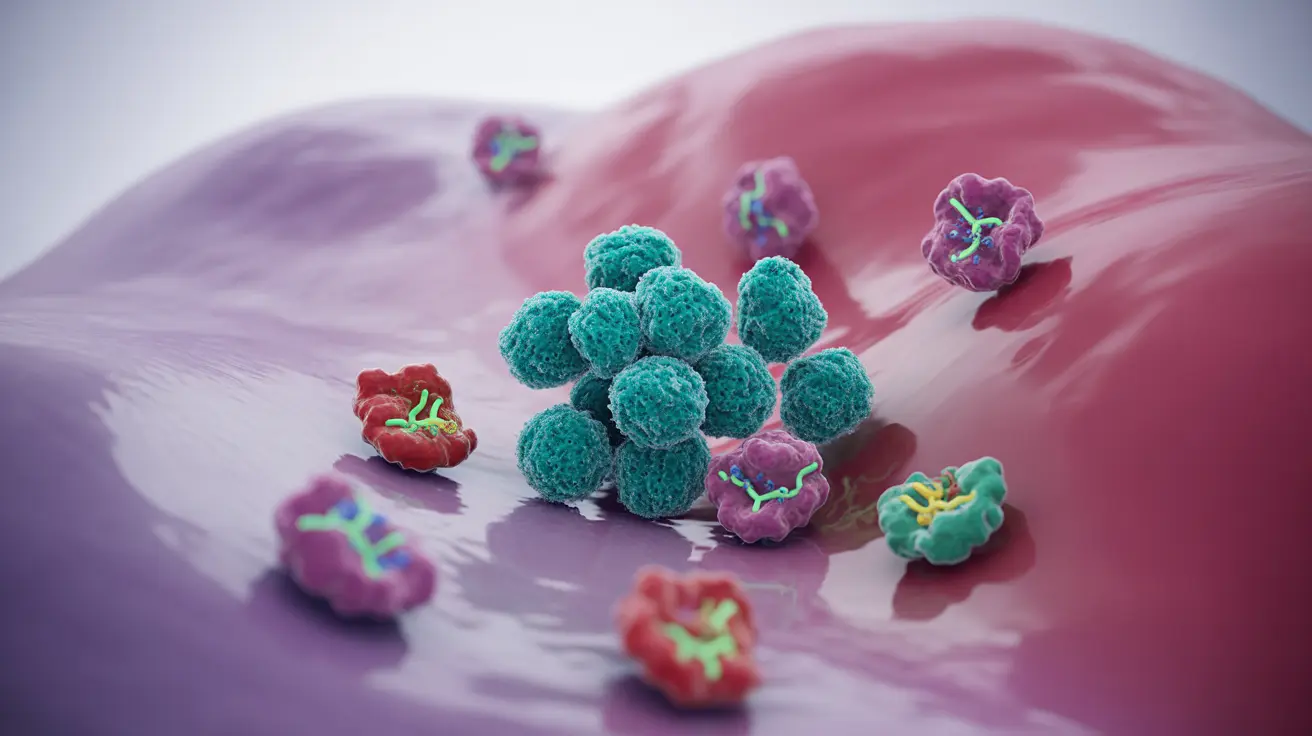Human Papillomavirus (HPV) is one of the most common viral infections affecting millions of people worldwide. As medical understanding evolves, many individuals question the relationship between HPV and autoimmune conditions, particularly wondering if HPV itself is an autoimmune disease.
In this comprehensive guide, we'll explore the nature of HPV, its relationship with the immune system, and its potential connections to autoimmune conditions. Understanding these distinctions is crucial for proper medical care and management.
The Nature of HPV: Viral Infection vs. Autoimmune Disease
HPV is definitively a viral infection, not an autoimmune disease. This distinction is important for understanding both its treatment and management. While HPV interacts with the immune system, it does so as an external pathogen rather than causing the immune system to attack healthy cells, which is characteristic of autoimmune conditions.
The virus primarily affects epithelial cells, causing various types of growths depending on the HPV strain. Unlike autoimmune diseases, where the body's immune system mistakenly attacks itself, HPV is an external virus that the immune system typically works to eliminate.
HPV's Impact on the Immune System
When HPV enters the body, it triggers an immune response, but in a different way than autoimmune conditions do. The virus can:
- Activate specific immune cells to fight the infection
- Trigger the production of antibodies
- Sometimes evade immune detection, leading to persistent infection
- Cause local inflammation at the site of infection
Relationship Between HPV and Autoimmune Conditions
While HPV itself isn't an autoimmune disease, research has explored potential connections between HPV infection and autoimmune responses. Some studies suggest that persistent HPV infection might influence immune system function, though this relationship is complex and still under investigation.
Special Considerations for People with Autoimmune Conditions
Individuals with autoimmune conditions may need to pay special attention to HPV prevention and management because:
- They may have compromised immune function
- Some autoimmune medications can affect the body's ability to clear HPV
- They might be at higher risk for persistent HPV infection
- Regular screening becomes especially important
Prevention and Management Strategies
Understanding that HPV is a viral infection rather than an autoimmune disease influences prevention and treatment approaches:
- HPV vaccination is recommended for eligible individuals
- Regular medical screening is essential
- Maintaining overall immune health through lifestyle measures
- Working closely with healthcare providers for personalized care plans
Frequently Asked Questions
Is HPV an autoimmune disease or a viral infection?
HPV is definitively a viral infection, not an autoimmune disease. It's caused by the human papillomavirus, which is an external pathogen that infects cells, rather than a condition where the immune system attacks healthy body tissues.
Can HPV infection cause or trigger autoimmune diseases like multiple sclerosis?
While research continues, there's currently no strong evidence that HPV directly causes autoimmune diseases like multiple sclerosis. However, any chronic infection can potentially influence immune system function and inflammation levels in the body.
Are people with autoimmune diseases more susceptible to HPV infection and related complications?
Yes, people with autoimmune diseases may be more susceptible to HPV infections and related complications, primarily due to their potentially compromised immune function and the immunosuppressive medications they may take.
Does the HPV vaccine increase the risk of developing multiple sclerosis or other autoimmune disorders?
Current scientific evidence does not support a link between HPV vaccination and increased risk of developing multiple sclerosis or other autoimmune disorders. The vaccine has been extensively studied and is considered safe for most people.
How does HPV infection affect the immune system in people with autoimmune conditions?
In people with autoimmune conditions, HPV infection can present additional challenges due to their already altered immune response. The infection may persist longer and require more careful monitoring, though individual responses can vary significantly.




